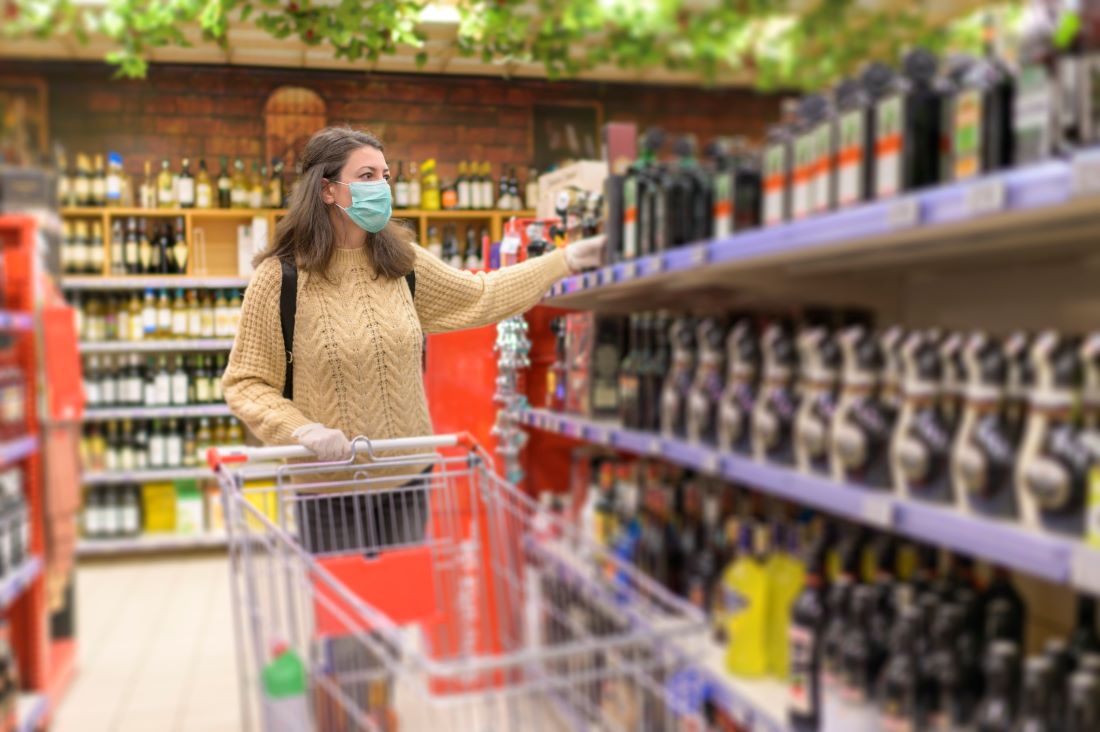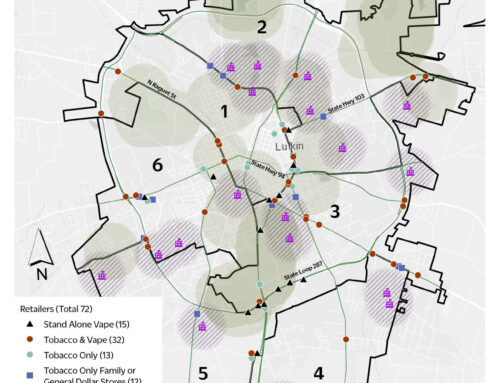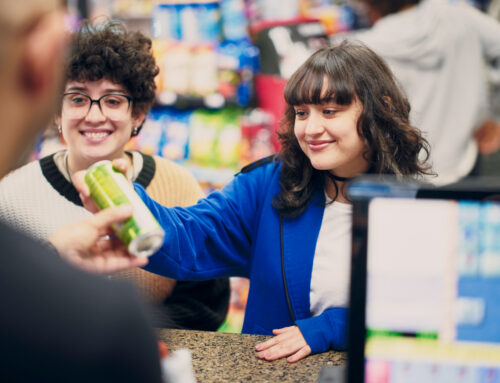Many states deemed liquor stores “essential” businesses during the pandemic lockdowns and were allowed to remain open. Other changes such as to-go alcoholic beverages and curbside pick-up helped contribute to a significant spike in off-premise alcohol sales. While these changes may be seen as wins for the economy, it’s important to remember the significant public health concerns that come with deregulation of alcohol sales.
Each state has its own laws that dictate how easy it is to obtain alcohol. For example, while some states allow beer, wine, and distilled spirits to be purchased at grocery stores, others require distilled spirits to be purchased in separate stores or in state-run liquor stores. When pandemic lockdowns began in March 2020, states were faced with making the big decision of what businesses would be considered “essential”. In almost all states, liquor stores were deemed essential and allowed to remain open. During this time, off-premise alcohol sales saw a significant spike and still remain higher than usual.
In addition to the ability to remain open throughout stay-at-home orders, states also implemented relaxed rules that impacted alcohol access. For example, Virginia is one of many states that began allowing to-go alcoholic beverages during the pandemic. Recently, this legislation was extended until July 2022. In addition, Virginia Alcoholic Beverage Control Authority relaxed another 15 alcohol controls in response to the pandemic. These adjusted regulations included waiving the requirement that required signature at the time of delivery between wholesalers and retailers for beer or wine, permitting drive‐through and curbside pickup of beer and wine by customers for off‐premise consumption, permitting curbside pickup and delivery of distilled spirits by Virginia distilleries, and permitting restaurants to deliver alcohol for off‐premise consumption. While many of these rules were initially designed to ease the hardship of restaurants who often see significant revenue from alcohol sales, the alcohol and restaurant industries are heavily lobbying for many of these laws to remain in place even as other pandemic restrictions are lifted. In fact, several states, including Ohio and Iowa, have already made to-go alcohol a permanent feature, while many other states have similar measures quickly moving through the legislature.
Meanwhile, as alcohol access was increasing, some enforcement agencies were reducing compliance checks as part of Covid safety protocols or as focus shifted to other pandemic response efforts. Even so, in California, enforcement efforts early in the pandemic revealed that third-party services were routinely delivering alcohol to minors. In Tennessee, sale to minor violations increased more than 20% at bars and restaurants across the state last fall. More than likely, it will take time for enforcement agencies to catch up with the rapidly changing alcohol policy environment.
While these changes may be seen as wins for the economy, it’s important to remember the significant public health concerns that come with deregulation of alcohol sales. One initial study of alcohol use during Covid-19 found over a third of participants pointed to increased availability as the reason for their increased consumption. Findings like this one are especially concerning since increased availability of alcohol is associated with a wide number of negative health behaviors, including excessive alcohol use, violence, and underage drinking. Prior to the pandemic, alcohol outlet density measures often revealed disparities, with an overconcentration of places to purchase alcohol in low-income and predominantly Black communities. While research is limited on the impact of recent alcohol regulations on health equity, we know policies that limit accessibility, such as restricting hours of alcohol sales or limiting alcohol outlet density, are effective ways to decrease alcohol related harms. While it will take time to fully understand the wide range of public health impacts resulting from the pandemic, we hope policymakers consider public health when deciding how easy it should be to get a cocktail.





